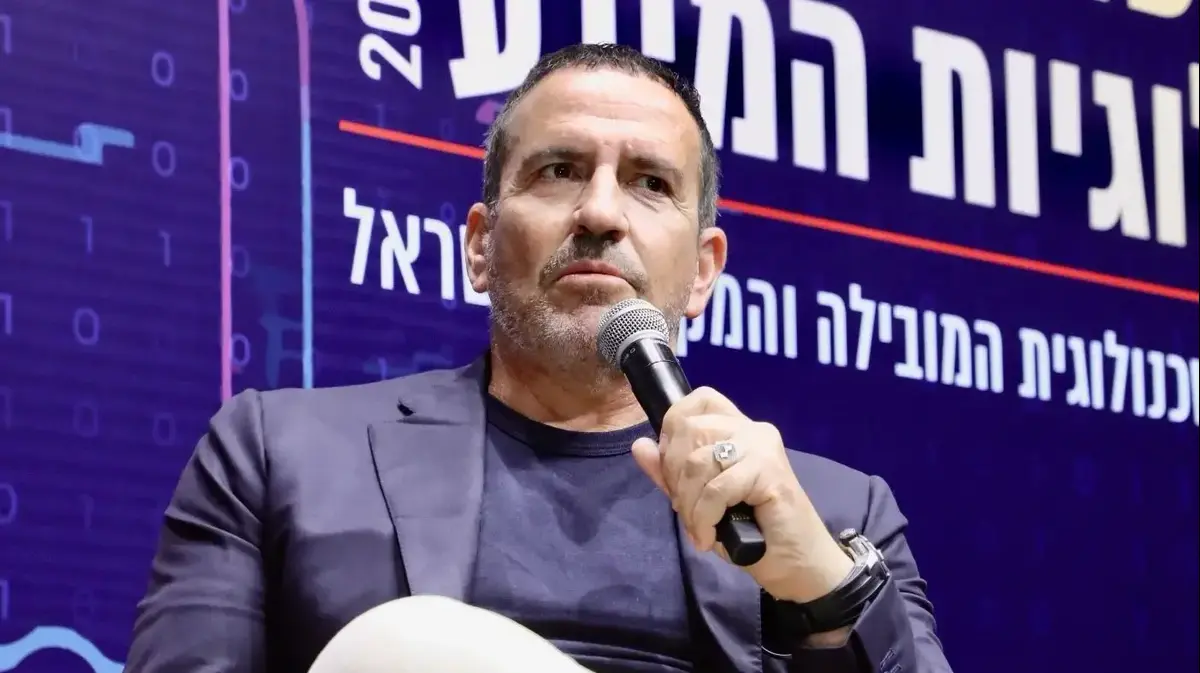Chaos in the education system: The
spread of the omicron virus is reaching new heights these days, as are the disruptions in the education system following the virus.
Some of them are due in part to the fact that parents are afraid to send their children to schools, and parents who do send their children find that some teachers do not come to teach after being infected.
"At my daughter's school, school started today at ten o'clock in the morning because some of the teachers are sick," one of the parents told Israel Today. Another parent added: "I have not sent my son to kindergarten and I have not sent the children for several days because I am afraid they will get infected, however I do not know how long I will be able to do so." Another mother said: "I am sending despite the worry, because they say the omicron is less harmful to children."
On the other hand, other parents are desperate for the situation but can not leave their children at home and absent from work.
"Of course I would have left my children at home, but who would work in my place? I'm really desperate about the situation, but that's what it is," said one mother.
The schools themselves, who are aware of the problem, organize tests as much as possible and update the parents on situations where one of the children in the class is infected with the virus.
This reality often leads to a whole research campaign of all students to find out if they were near the sick student or not, but as a system it seems very difficult to manage in a sane way in this situation - despite the great efforts of principals in the field.
A closed school in Jerusalem. "If the children are at home, who will work for us?", Photo: Oren Ben Hakon
Meanwhile, New Year's Eve parties are starting to affect high schools, and the number of sick students in Corona is rising day by day, causing confusion among parents and teachers who do not know what to do with non-infected students - whether to bring them to school or send them to isolation.
From what we see at the moment, each school is judging itself and some schools, despite the many patients and isolators, have decided that the studies will take place in order, according to the lesson plan, as long as there is no official and unequivocal announcement that the studies will take place remotely.
Some schools also ask students to be tested every 48 hours for an institutional test, or even a home test.
The importance of routine
Even in the WhatsApp groups of the parents feel the confusion, and they do not know if their children should be in isolation even though they are vaccinated. Many parents argue that the routine of their children's lives should be maintained as much as possible. According to them, this routine has been severely damaged in the last two years, and as long as the children can reach the educational frameworks, play with friends and enjoy classes - it is worth allowing them to do so. Some parents claim, and rightly so, that they have no privilege at all to deliberate because they must get to work and will not be able to keep the children from staying home without a medical need. Vered, a mother of an 11th-grade boy from a high school in Tel Aviv, told Israel Today: "Today the child was informed that he would have to go into isolation after spending time with verified friends in Corona. Although as far as I know he can do a test and get out of isolation, he will not be able to get to school for a week. I do not understand why no one puts things in order and every school decides something else. "
In addition to the confusion in the education system, the confusion is also felt in the economy and worried about the following.
Dubi Amitai, chairman of the business sector presidency, said: "In Israel, there are about 400,000 households in which an employed parent is forced to stay at home to look after his young children due to the lack of study frameworks.
Every week when the education system is shut down, the economy produces about NIS 2.6 billion due to the parents' absence from work.
To this is added the economic cost of the loss of educational output of schools, dormitories and kindergartens and their future contribution to GDP.
Although it cannot be quantified accurately in the calculation made, it is a considerable amount of damage. "
According to him, "the time has come to ask - how has an office that received budget additions for the years 2021-2020 in the amount of NIS 5.5 billion, so far failed to prepare for a situation in which the Israeli public is guaranteed an optimal way of hybrid learning?" "
According to data from the presidency of the business sector, a reduction in full economic activity means a loss of about NIS 260 million per economy per week.
To illustrate, if due to the absence of hundreds of thousands of workers from work and the heavier rules of social distance, and a gap in hours as work inputs, the economy will slow down its activity by five percent - the total weekly cost (relative to full activity), will be a loss of about 1.3 billion shekels.
Were we wrong?
Fixed!
If you found an error in the article, we'll be happy for you to share it with us









